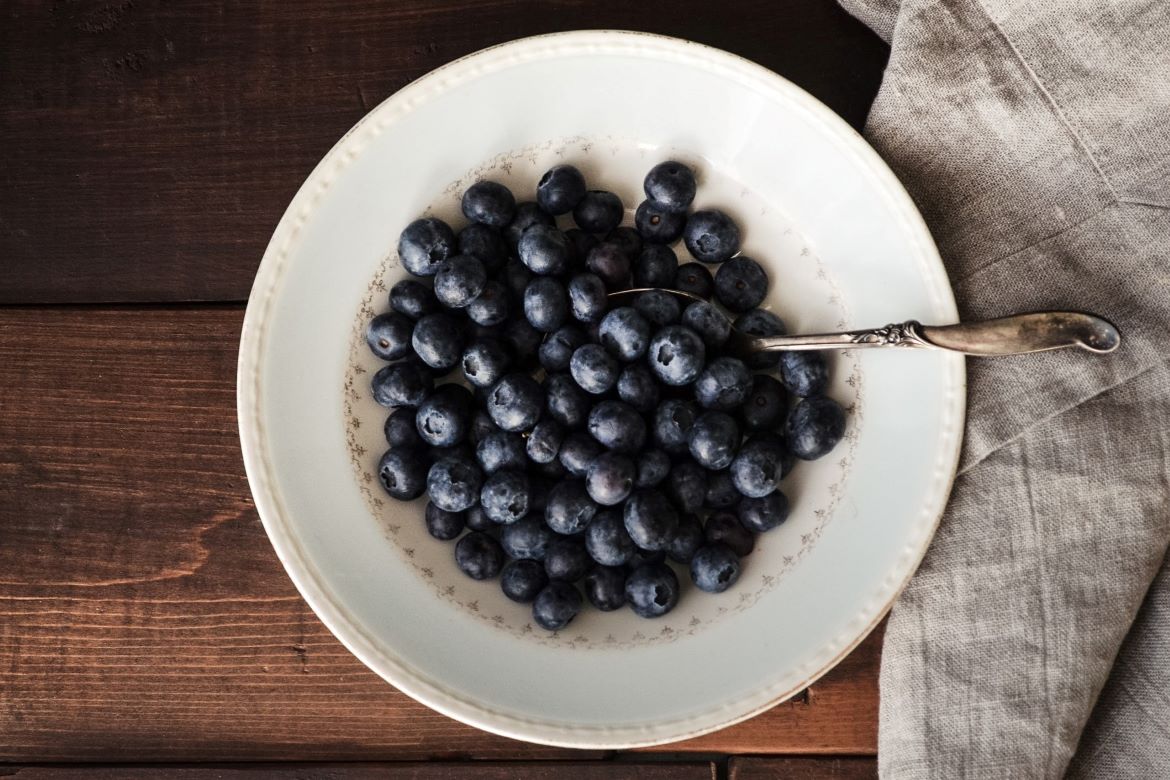By Kate Barnes
Remember learning about European explorers, who travelled on their long journeys with certain foods like sauerkraut, to help prevent scurvy? An illness caused by a vitamin C deficiency.
We’ve known about the vital roles nutrients play in promoting health and how deficiencies are instrumental in contributing to illness for a very long time.
If any of our family are unwell or ‘run down’, while there’s no fear of scurvy, I always ‘add in’ a good dose of vitamin C, either with native plants or a good quality supplement (details below) to help fight infection and aid our recovery.
Along with our food and lifestyle choices, it works. I can’t remember the last time any of us, even the kids who are 13 and 15, went to the doctor.
So with the change of seasons on the way and bugs aplenty, it’s a good time to consider adding vitamin C into your meals and routine.
And this ESSENTIAL vitamin is so much more than an immune booster! Vitamin C is involved in protein metabolism and collagen synthesis, i.e. it’s needed to help make these molecules accessible for the body to absorb and use. It’s also vital for other critical functions including our happiness and youthful skin.
In this post, discover 8 great reasons you need vitamin C daily, especially with the change of seasons, how we become deficient AND simple ways to get more into your day.
Why Vitamin C is essential in your daily diet
- The body doesn’t produce vitamin C, i.e. we simply must get it from our diet – it is an essential nutrient.
- It is a water soluble vitamin which means our bodies don’t store it and we need to ingest foods with vitamin C on a daily basis to maintain the amount our bodies require.
6 more good reasons
Other than immunity, vitamin C is necessary for these vital functions:
- Healthy, youthful skin. It helps produce collagen which is great for our skin and thereby helps to prevent premature aging. Collagen is necessary for strengthening bones, joints, tendons, and ligaments.
- Wound repair and maintaining the health of our bones and teeth.
- Absorbing iron. It plays a role in helping our body absorb iron, which is necessary for good energy and keeping our blood well oxygenated. If your iron is low, perhaps vitamin C is actually low.
- Preventing cellular damage through its function as an antioxidant. Antioxidants protect our cells against free radicals which we are exposed to every day.
- Builds and maintains healthy blood vessels, helping them dilate and potentially helping reduce high blood pressure.
- Brain health and happiness. Vitamin C helps make neurotransmitters (chemicals assist communication in the brain) including serotonin, i.e. our happy hormone!
Why we may not get what we need
- Caffeine. Drinks and food containing caffeine such as coffee and tea can inhibit the absorption of vitamin C, plus the diuretic effect of these drinks mean we excrete the vitamin C in our urine.
- Medications. Certain medications, antibiotics and birth control can reduce the amount of vitamin C in our bodies.
- Stress. Prolonged stress also depletes vitamin C and this is why we should take extra vitamin C during periods of stress.
- Deficiencies in our food. The amount of vitamin C found in food depends on the variety of the plant, soil condition, climate it’s grown in, the length of time since it was picked, how it’s stored, and then, how the food is prepared. For example, if you heat fruits and vegetables, or store them in water for a longer period of time, or expose them to light, vitamin C is denatured and is then less available to your body.











